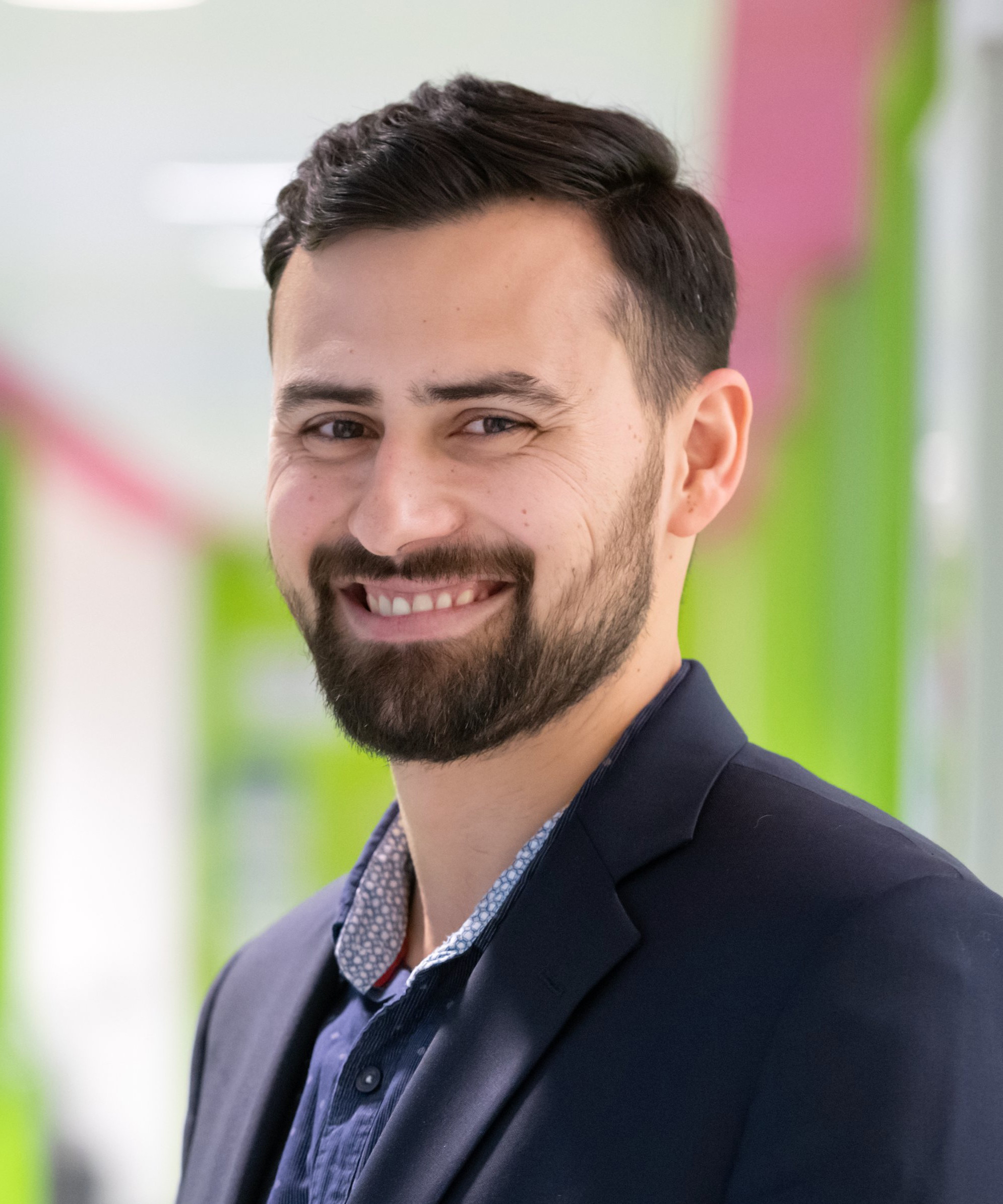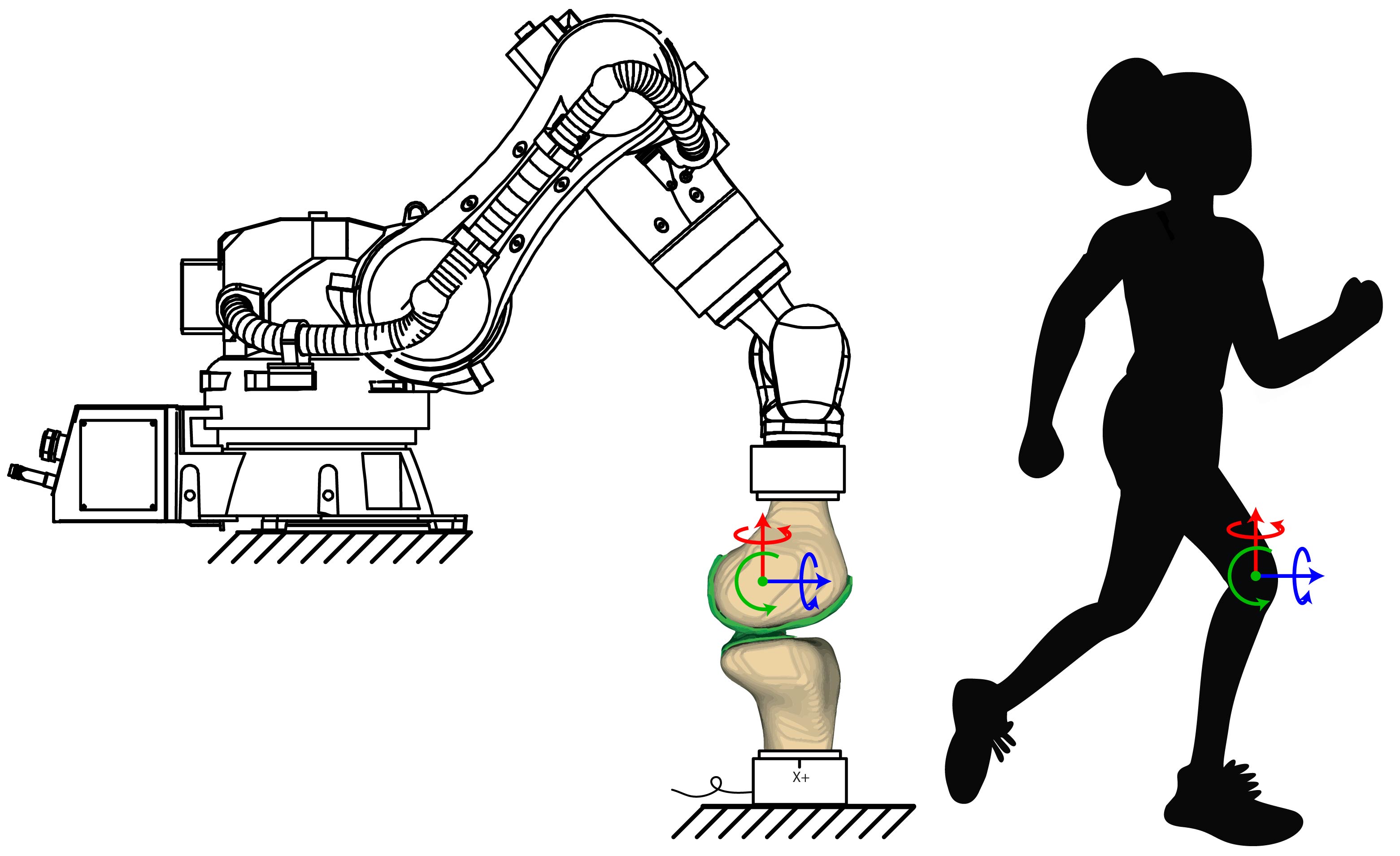
Dr. Axel Moore
Assistant Professor, Biomedical Engineering
- Scott Hall 4N205
Scott Hall 4N205
Carnegie Mellon University
5000 Forbes Avenue
Pittsburgh, PA 15213
Education
- B.S., California State University Maritime Academy, 2012
- Ph.D., University of Delaware, 2017
- Post-doctoral, Imperial College London, 2021
Bio
Dr. Axel Moore is an Assistant Professor of Biomedical Engineering at Carnegie Mellon University. He earned his BS in Marine Engineering at the California Maritime Academy in 2012, then went on to pursue a PhD in Biomedical Engineering at the University of Delaware. His doctoral work centered on the mechanics of soft hydrated materials, namely articular cartilage, and the mechanics that underlie fluid recovery. Following this, he received a post-doctoral fellowship to work at Imperial College London specializing in biomaterials design and tissue engineering for bone and cartilage applications. He then joined the University of Delaware as a Research Scientist and developed an in vivo model of spinal deformity (scoliosis) to understand the mechanisms and effects of spinal growth modulation and deformity correction.
Research
At CMU, the Moore Lab is developing evidence-based healthcare guidance to inform (1) activity dosing on articular cartilage and joint health and (2) spinal deformity progression and correction procedures. We are a multi-disciplinary, translational, and highly collaborative team of scientists and engineers working with allied health professionals and clinicians.
Questions: What is the effect of different activities (walking, standing, lying down) on the mechanical function, health, and longevity of cartilage? How do hard and soft tissues of the spine respond to deformity correction procedures and does correction restore native structure, composition, and biomechanical function?
Approach: We quantify the structural, compositional, and functional changes in vivo and ex vivo using medical imaging, motion capture, and multi-axis biomechanical testing.
Mission: Develop evidence-based healthcare guidelines for joint activity (how often should we move and how should we move). Identify therapeutic targets for osteoarthritis. Establish the relationship between tether force, remaining growth, and spinal correction. Develop a preclinical platform for spinal deformity correction procedures and implants.
Research Interests: articular cartilage, intervertebral disc, spine, osteoarthritis, scoliosis, physical rehabilitation, in vivo biomechanics, ex vivo biomechanics

Awards and Recognitions
- Inaugural Houder Fellow in Pediatric Spinal Deformity, Children’s Hospital of Philadelphia, 2022-2023